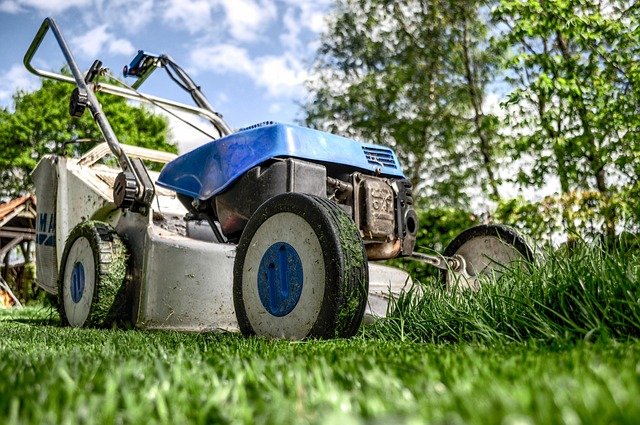Garden Waste Management: Wood Shredders, Mulch, and Branch Removal
A well-kept garden is more than aesthetics — it’s a system that benefits from smart waste management, proper handling of branches, and using tools like a wood shredder to turn waste into useful mulch. Whether you manage a small urban plot or a larger property, understanding how to reuse green waste and when to call local services helps keep your garden healthy and your tidy-up tasks efficient.

garden
Good garden maintenance starts with planning how to handle organic waste. Pruning, seasonal cleanups, and storm damage create branches and leafy debris that, if left unmanaged, can harbor pests or disease. Integrating waste management into routine garden care—such as staging trimmings separately from compostable leaves—makes it easier to convert material into mulch or compost later. Many gardeners in your area pair regular pruning schedules with scheduled pick-ups or rental equipment to keep the work manageable.
wood shredder
A wood shredder (or wood chipper/shredder) converts branches and woody material into smaller chips or mulch. Smaller yard shredders handle twigs and small branches, while larger chippers are used for trunks and thick limbs. Renting a wood shredder can be cost-effective for occasional large jobs; for frequent heavy pruning, hiring a service with commercial equipment may be safer and faster. Always follow safety guidelines: wear eye and ear protection, feed branches butt-end first when appropriate, and be aware of maximum diameter limits for the machine you’re using.
mulch
Mulch made from shredded wood improves soil moisture retention, suppresses weeds, and gradually adds organic matter as it breaks down. Fresh wood mulch may temporarily immobilize soil nitrogen as microbes decompose woody material, so avoid mixing large amounts into planting holes; instead apply it as a surface layer and allow it to settle. Pine, hardwood, and mixed wood mulches each break down at different rates; shredded branches are ideal for paths and around trees, while finer composted material is better for vegetable beds.
waste management
Effective waste management for garden debris includes sorting, on-site processing, and knowing local collection rules. Many municipalities accept yard waste in green bins or through scheduled curbside collection; others require drop-off at composting centers. Online booking systems for equipment rental or local services can streamline pickups, but they may sometimes fail — for example, you might encounter errors like: An error occurred during Api requesting: Service Unavailable: . If that happens, try phone contact, alternative platforms, or rescheduling to avoid delays in handling wet or pest-prone material.
branches
Handling branches properly starts with sorting by size and condition. Thin twigs are ideal for shredding or composting; thicker branches may need a chipper or professional removal. Cut long branches to manageable lengths before transport, and keep bark and diseased wood separate to avoid spreading problems. For storm cleanup, prioritize safety: avoid working near downed power lines and consider hiring insured professionals for large, unstable trees.
| Provider Name | Services Offered | Key Features/Benefits |
|---|---|---|
| Bartlett Tree Experts | Tree pruning, removal, stump grinding, tree health care | National coverage with certified arborists and long-term tree health programs |
| The Davey Tree Expert Company | Tree and shrub care, consulting, emergency storm response | Employee-owned, offers both residential and commercial services and scientific tree care |
| TruGreen | Lawn care, tree & shrub care, pest control | Widely available lawn treatment plans and seasonal maintenance options |
| Sunbelt Rentals | Equipment rental (chippers, shredders, stump grinders) | Nationwide rental locations, short-term and long-term rentals, equipment delivery available |
Conclusion
Managing garden waste effectively reduces clutter, improves plant health, and returns nutrients to the soil when you convert branches and trimmings into mulch. Decide whether to rent a wood shredder, hire local services, or use municipal collection based on job size, safety, and convenience. Keep branches sorted, follow safety recommendations, and confirm bookings through reliable channels to avoid interruptions in service. Integrating these practices makes garden maintenance more sustainable and efficient.






